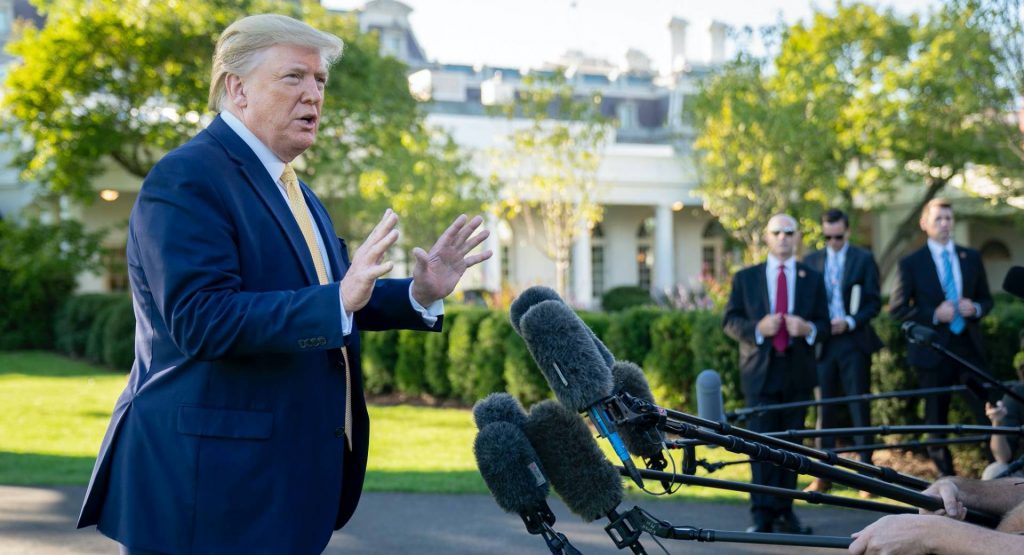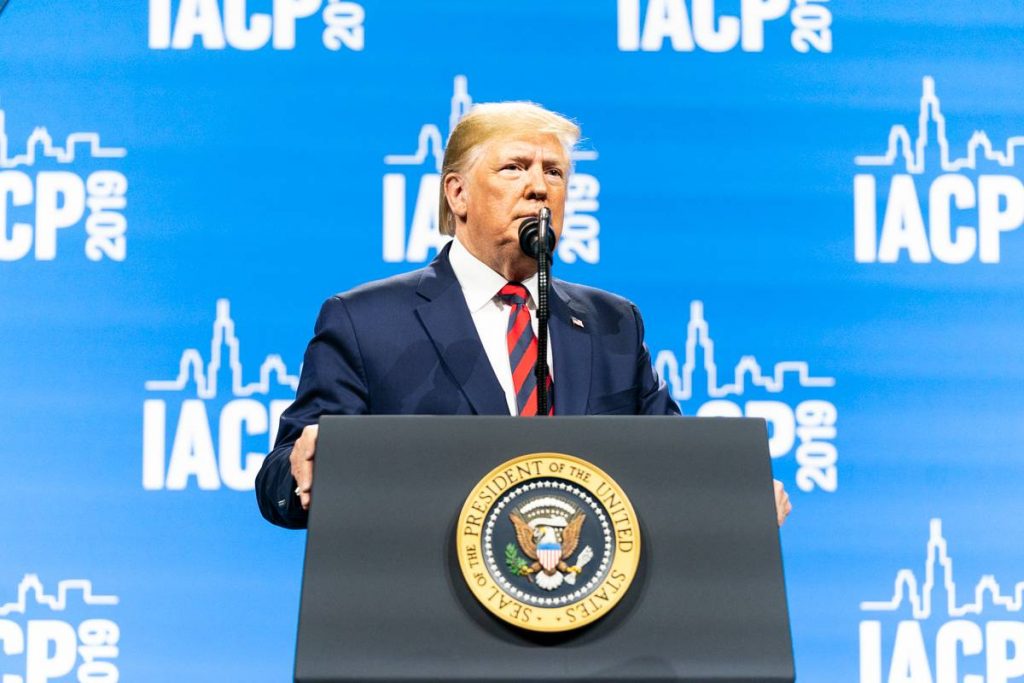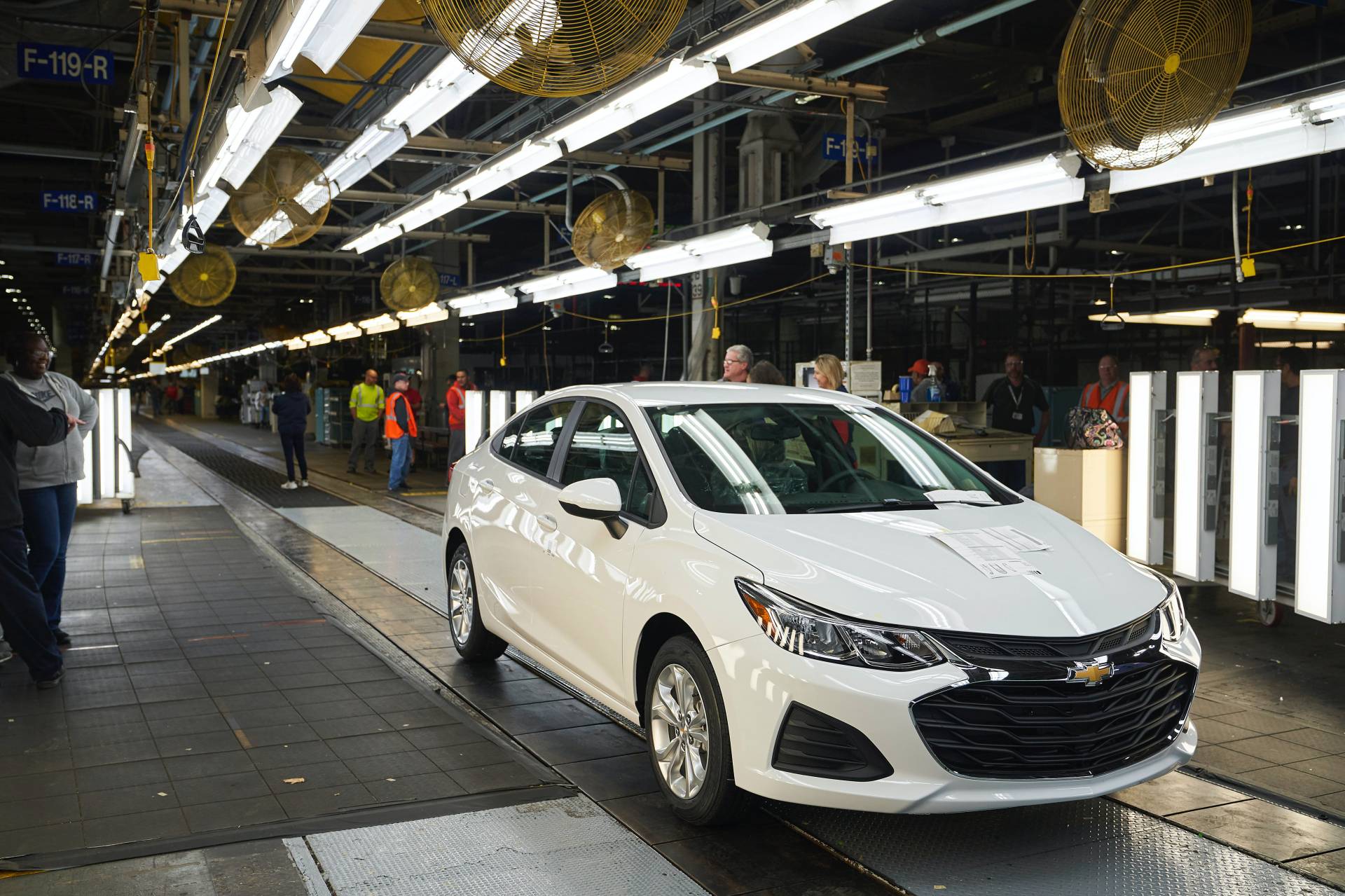Over the past two years, U.S. President Donald Trump has had a tumultuous relationship with carmakers and it looks like things could get even worse.
The President repeatedly criticized U.S. carmakers, particularly General Motors, for vacating domestic plants and building vehicles in other countries. The government cannot control this phenomenon but, as it turns out, it plans to have a strong say in the automakers’ decisions regarding production facilities.
According to a report from Bloomberg, the Trump administration wants to dictate how and where global auto companies make cars and parts in exchange for them securing duty-free treatment under the new NAFTA. This is by far the most direct intervention yet to manage trade and production, people familiar with the plan told the business website.
Also read: Here’s How Trump’s New NAFTA Deal With Canada And Mexico, USMCA, Will Affect Cars
How would that come about, you ask? Well, the White House wants specific language that would allow it to unilaterally administer the production rules for companies. The sources said the issue is being discussed between Trump administration officials, congressional staff, and domestic and foreign carmakers with regard to the legislation that lawmakers will vote on for the trade deal to go into effect.
The U.S.-Mexico-Canada Agreement, known as USMCA, is still awaiting approval from the U.S. Congress and the Trump administration is using that as leverage to force automakers into accepting its protectionist terms. The White House said the new production rules it wants to enforce on the auto sector represent one area of the deal that’s most beneficial to America.
As expected, car companies, lawmakers and even the U.S. International Trade Commission said the rules are so strict that they would cause higher car prices and slower sales. That’s not even counting the fact that USMCA has already been described as much more difficult to comply with than NAFTA.
Under the new terms, 75 percent of a car has to be built in the three countries to qualify, using 70 percent of North American steel and aluminum. Furthermore, 40 percent of a vehicle has to be made in plants with an average wage of $16 an hour or higher – a not so subtle reference to Mexico and its lower wages.
Obviously, the issue is very complex so head over to the Bloomberg report for the full picture.





